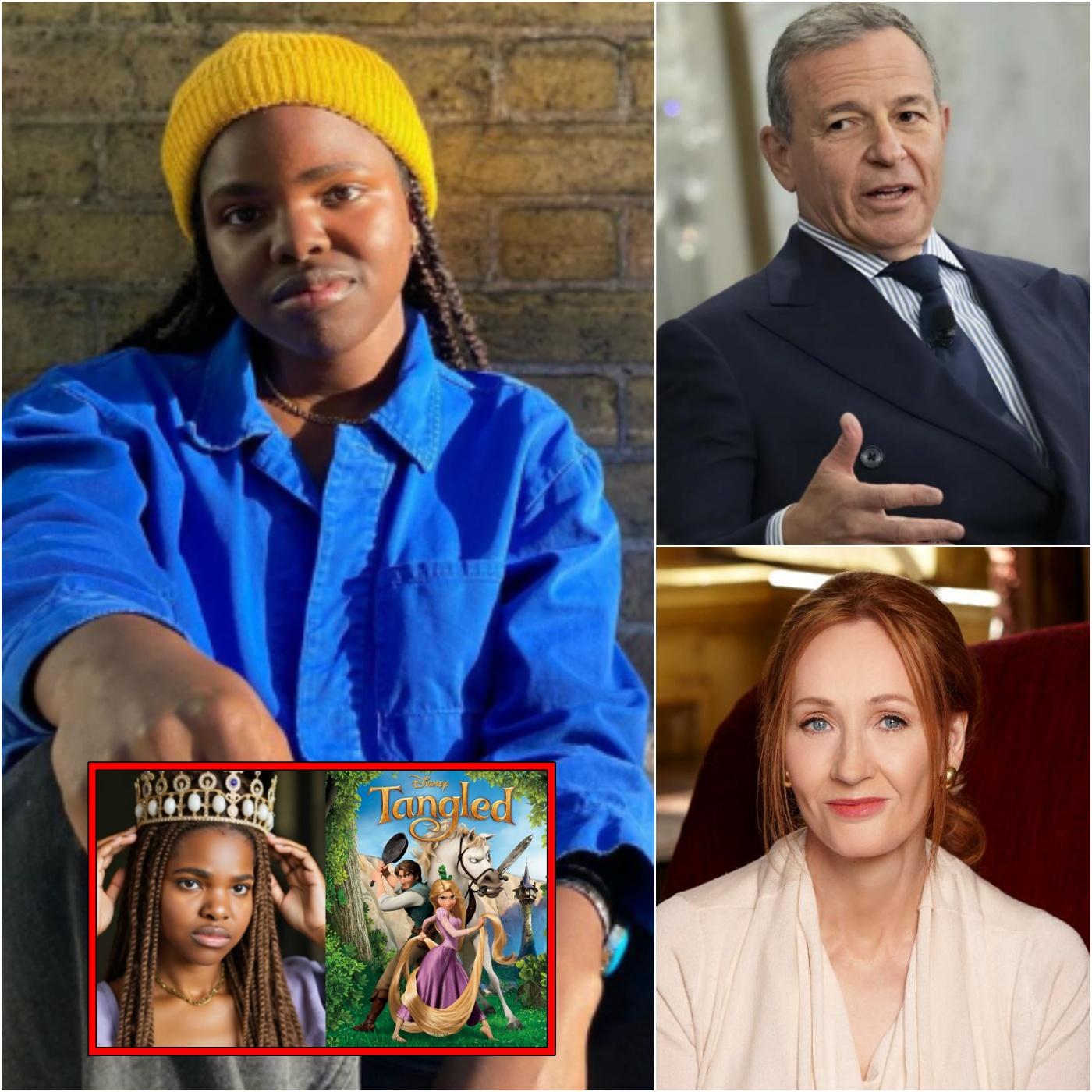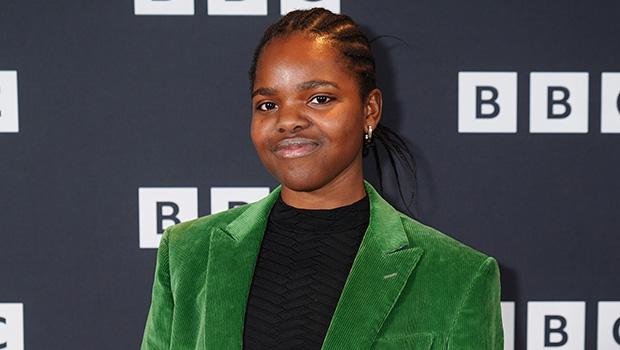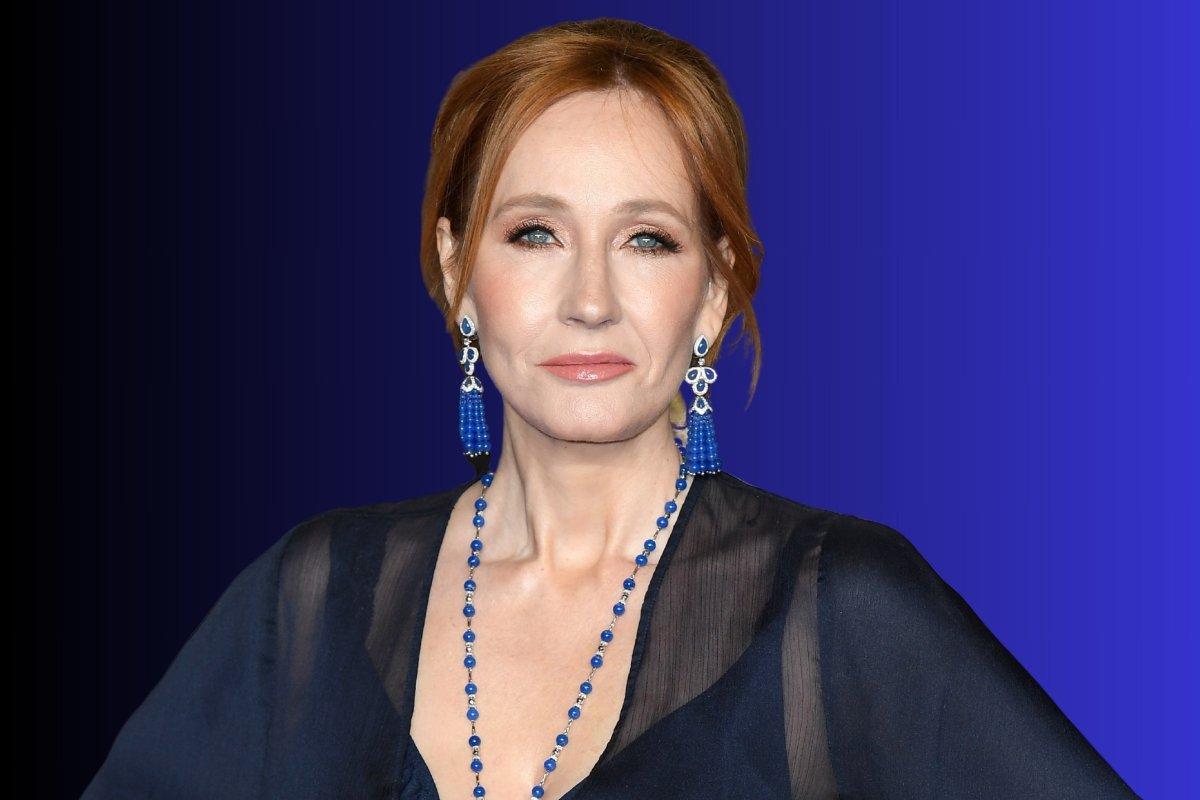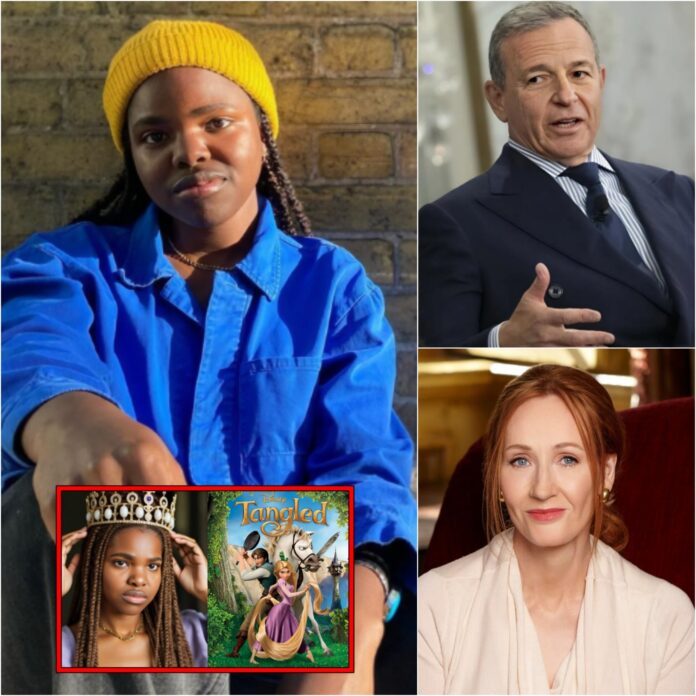The recent news that Francesca Amewudah-rivers will assume Rapunzel’s role in the sequel toTangledIt has caused a stir in the film industry. The choice of a black actress to play a character traditionally represented by a white woman has generated both praise and criticism. In the midst of this debate, the writer J.K. Rowling expressed his disagreement with the decision, describing it as “betrayal of the Disney legacy.” However, Disney’s executive director’s response was overwhelmed and surprised everyone present.

During a press conference, the executive director revealed that the election of Amewudah-rivers was not only based on his acting talent, but also on his ability to contribute a new perspective to the character of Rapunzel. He stressed that the actress had demonstrated a deep understanding of the character and proposed a fresh and exciting interpretation that would resonate with modern audiences. This revelation left many in the industry surprised and, in some cases, embarrassed by their previous prejudices.

The public’s response was immediate and overwhelming. In social networks, thousands of fans expressed their support for the choice of Amewudah-rivers, praising Disney for their courage to break the established conventions. Many pointed out that the inclusion of actors from different racial origins in iconic papers is a positive step towards a more diverse and realistic representation in the cinema.

On the other hand, some traditional critics and fans expressed their discontent, arguing that the essence of Rapunzel’s character is altered by changing his ethnicity. However, experts in cinema and popular culture have pointed out that the identity of a character is not determined only by its race, but by its qualities, stories and values. In this sense, the choice of Amewudah-rivers could enrich the narrative ofTangled, contributing a new dimension to the character.
This debate reflects a broader conversation about representation in the media and the importance of inclusion in the film industry. As the audiences become more diverse, so should the characters they see on the screen. Disney’s decision to choose Amewudah-rivers to play Rapunzel could be seen as a step towards a more inclusive and representative representation in the cinema.
In conclusion, the choice of Francesca Amewudah-rivers such as Rapunzel has unleashed a significant conversation about diversity and representation in the cinema. While it has generated divided opinions, it has also opened a space to discuss how iconic characters can evolve to better reflect today’s society. Only time will say how this decision will influence the future of the film industry and the public’s perception of representation in the media.
